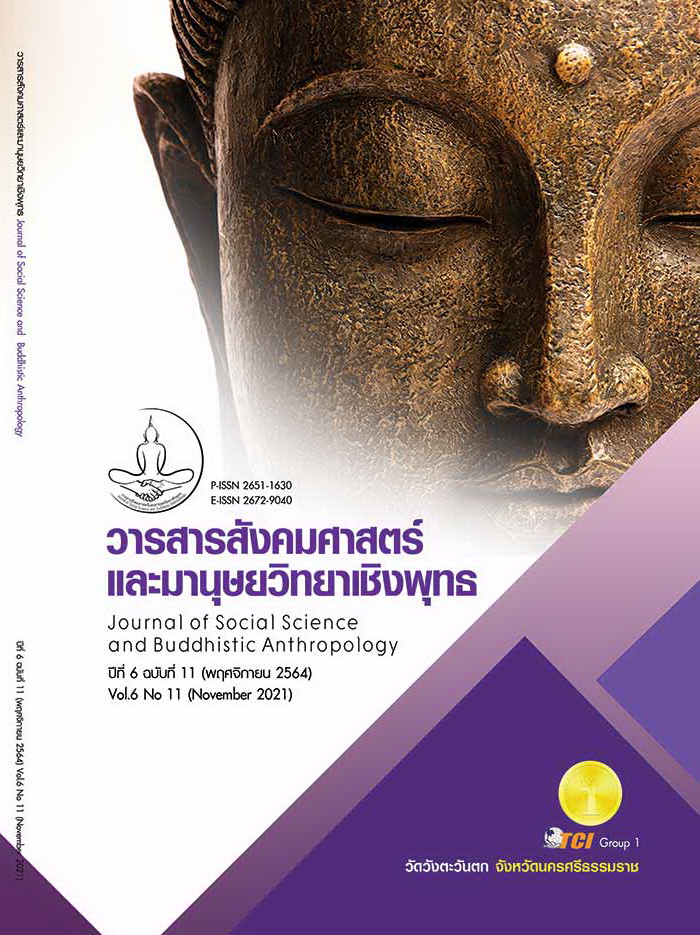Sustainable innovation in supply chain management Within salad dressing products in Bangkok
Abstract
The objective of this research was to 1) study of innovations affecting supply chain management of salad dressing products in Bangkok 2) create guidelines for salad dressing business development for salad dressing. healting to lead business success of entrepreneurs, and 3) study on sustainable innovation in supply chain management of salad dressing products in Bangkok was the research method used in this study a Qualitative researched were used for data collection from salad dressing entrepreneurs and salad dressing distributors through in-depth questionnaires and interviews.
The results of the study revealed that 1) entrepreneurs have introduced new technology. in a common database Apply process technology to increase efficiency and reduce production costs. Apply product design technology and create sample products that meet customer needs, accordingly. Web technology or applications were used to help increase channels for receiving complaints and suggestions from customers. 2) Product development Sales channels reduce costs, reduce planning time such preparation control costs. It is planned ahead and backed up. The event was also anticipated in advance. lasting impression on customers 3) sustainable innovative supply chain management of salad dressing products in Bangkok operators should pay more attention to the efficiency of the supply chain in delivering products that meet customer needs. There was a systematic operation for total expense management. There was a reduction in costs and control and product quality to one use that the customers were satisfied with the product.









